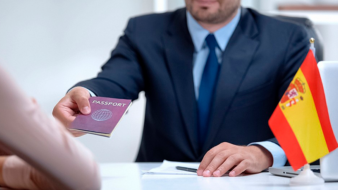Turnkey relocation to Spain from 6 weeks
We will help you to obtain a Spanish residence permit for the whole family with a minimum tax burden!
Read more
Get a free consultation
From 0 €
Tax burden per month
From 6 weeks
Term for obtaining a residence permit
5 years
Until permanent residence permit


NIE in Spain: What It Is and How to Get It
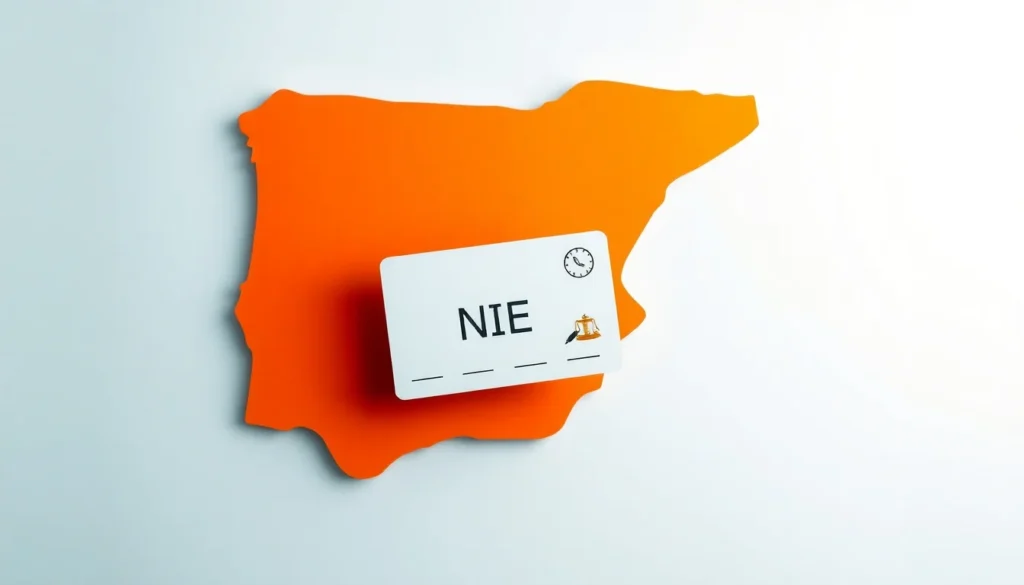
The NIE (Número de Identificación de Extranjero) is a Foreigner Identification Number used for a wide range of administrative, financial, and legal procedures in Spain. These include filing tax returns, buying a car, opening bank accounts, purchasing real estate, and more. The number remains unchanged over time, making it a permanent identifier for foreigners in Spain.
Any foreigner who needs to carry out legal or financial actions in Spain can apply for an NIE, regardless of their residency status. It serves as an identifier not only for immigration purposes but also within the Spanish tax system. The NIE consists of:
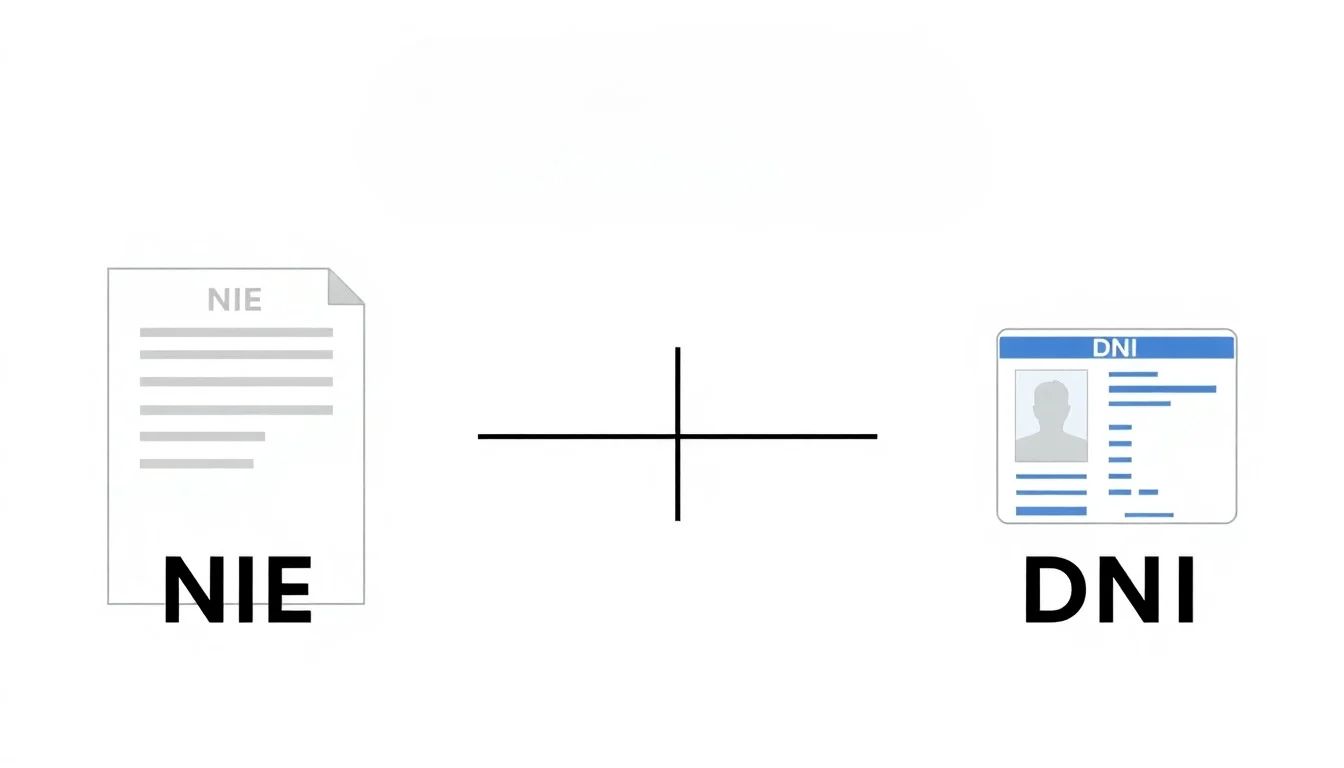
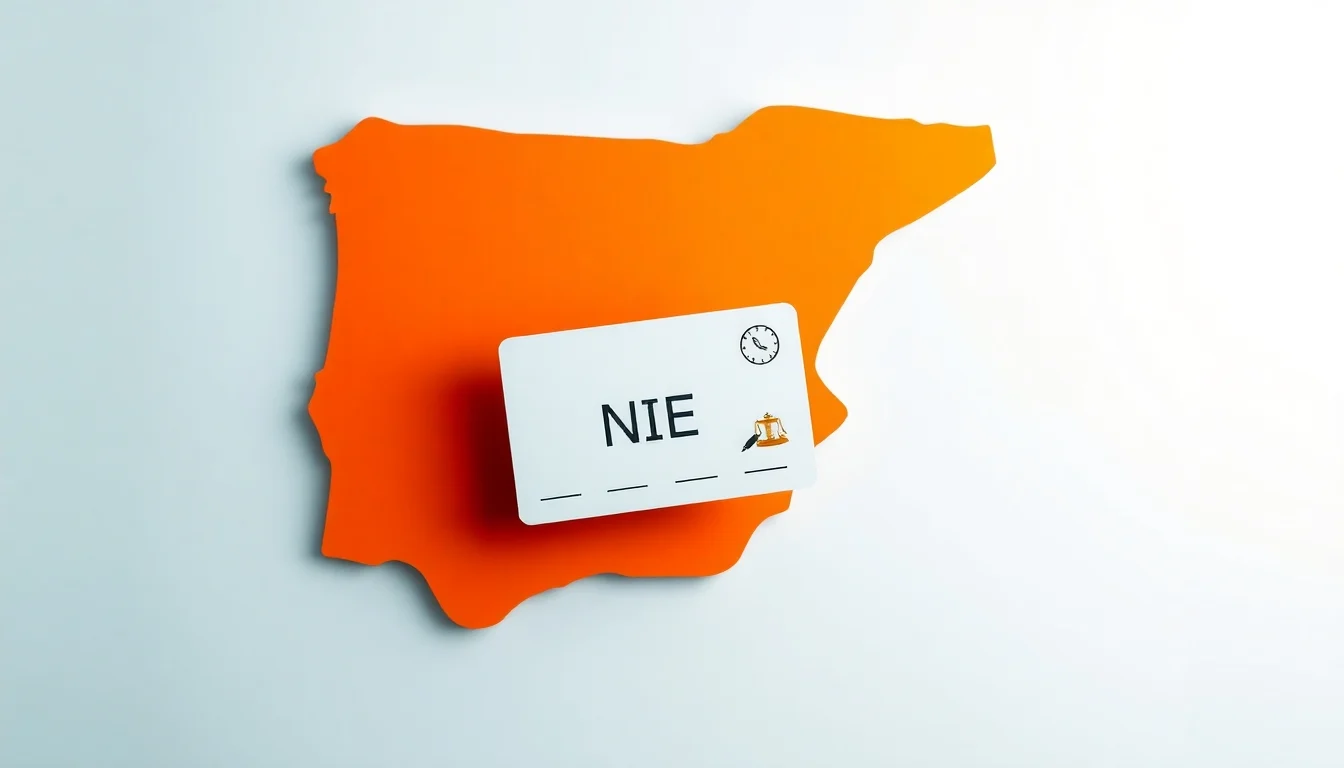 The NIE is essential for numerous activities related to legal stay and social participation in Spain. These include:
The NIE is essential for numerous activities related to legal stay and social participation in Spain. These include:
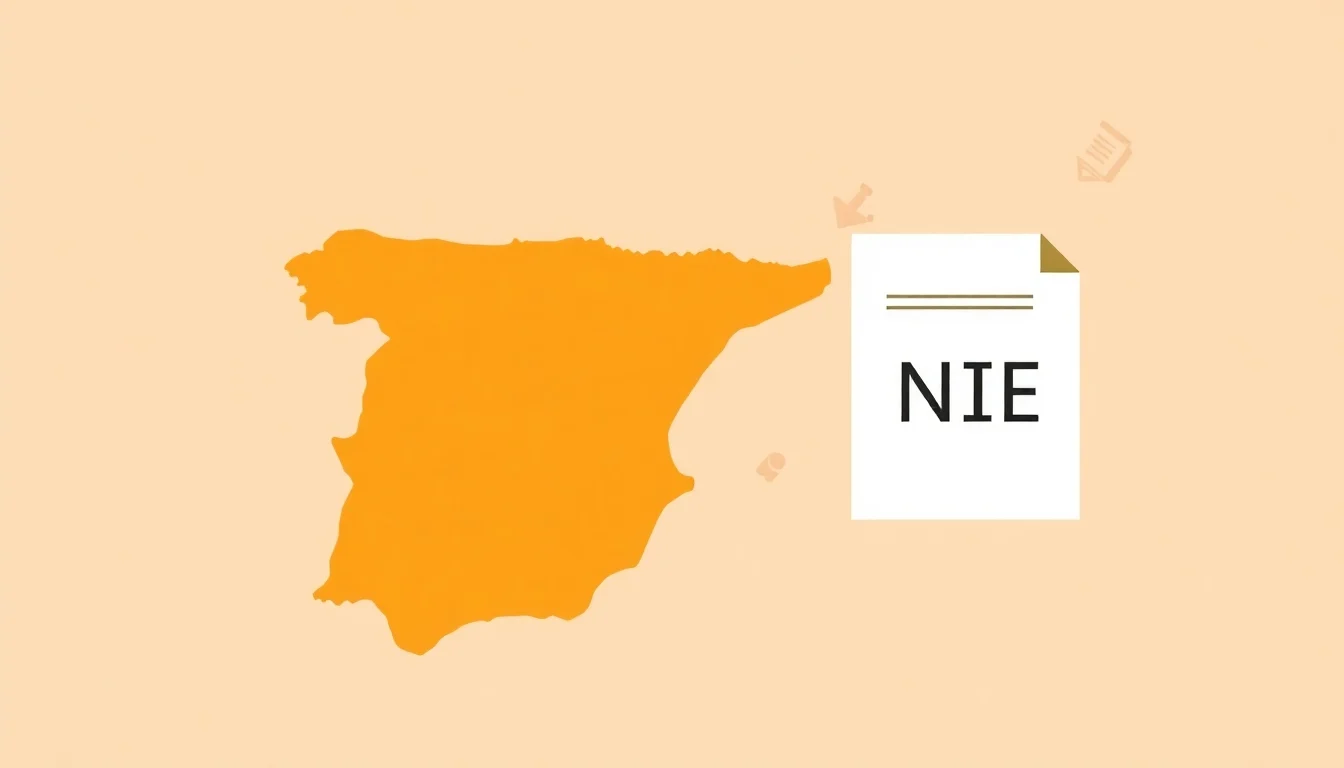 The following individuals can apply for an NIE:
The following individuals can apply for an NIE:
Go back to the blog
- A letter at the beginning (usually X, Y, or Z, depending on the year of issuance),
- 7 or 8 digits,
- A control letter at the end, used to verify the number's validity.
How Does the NIE Differ from the NIF and DNI?

DNI (Documento Nacional de Identidad)
The DNI is the national identity number issued to Spanish citizens. It consists of 8 digits followed by a letter (e.g., 12345678Z). It is primarily used to access government services, vote in elections, open bank accounts, register with social services, and sign legal documents.NIE (Número de Identificación de Extranjero)
The NIE is a unique identifier assigned to foreign nationals residing or operating in Spain. It is mandatory for foreigners planning to work, study, do business, or stay in Spain long term. Its main purpose is to simplify interactions with public institutions.NIF (Número de Identificación Fiscal)
The NIF is the tax identification number used in Spain’s fiscal system. It can be issued to both individuals and legal entities. For Spanish citizens, the NIF is the same as their DNI. For foreigners, the NIF may match their NIE or differ, particularly if issued before 1998. Companies also receive a separate version of the NIF. It’s essential for filing tax returns, claiming VAT refunds, and handling other tax-related matters.Why Do You Need an NIE in Spain?
 The NIE is essential for numerous activities related to legal stay and social participation in Spain. These include:
The NIE is essential for numerous activities related to legal stay and social participation in Spain. These include:
- Opening a bank account
- Renting or purchasing property
- Employment or business activity
- Registering with the social security system and paying taxes
- Accessing public healthcare
- Buying and registering a car or motorcycle
- Obtaining a Spanish digital signature
What Is the Spanish Digital Signature and Why Is It Useful?
A digital signature (firma electrónica) is the electronic equivalent of a handwritten signature, used to verify identity and sign documents online with full legal validity. It allows individuals and companies to submit applications and interact with government services without needing to be physically present. To obtain a qualified digital signature, you need a digital certificate issued by an accredited provider such as:- FNMT-RCM (National Mint and Stamp Factory)
- Camerfirma
- Certicámara
- Other nationally certified entities
How to Get a Digital Certificate:
Complete the application on the website of a certified provider. Verify your identity in person (at a tax office, embassy, or another official location). Install the certificate and necessary software on your device. The digital signature is commonly used for:- Submitting tax returns
- Applying for social services
- Registering with the healthcare system
- Other online procedures via platforms like Sede Electrónica
Who Can Apply for an NIE?
 The following individuals can apply for an NIE:
The following individuals can apply for an NIE:
- Foreigners planning a long-term stay (for work, study, family, etc.)
- Tourists or temporary residents who want to purchase property
- Investors
- Workers or entrepreneurs, including startup founders and remote workers
How to Apply for an NIE in Spain Without a Residence Permit
There are two main ways to apply: In Spain: Submit your application at a police station (Comisaría de Policía), by prior appointment only. Offices are open Monday through Friday. From abroad: Apply at a Spanish consulate in your country of citizenship or legal residence. Some consulates require appointments, others accept walk-ins during morning hours — always check the official consulate website.Required documents:
- Valid passport
- Completed EX-15 application form (in Spanish, downloadable from consulate or police websites)
- Payment of form 790-012 fee (in Spain: pay at a local bank; at consulates: usually in cash on the day of application)
- Supporting documents proving your need for an NIE (e.g., job offer, preliminary property contract, visa application for remote work, etc.)
Can You Get an NIE Remotely Through a Representative?
Yes — through a Spanish lawyer, but only if the applicant is already in Spain and has an entry stamp in their passport. The applicant must provide notarized copies of relevant passport pages. In this case, the process typically takes about 10 days.Common Issues During the NIE Application Process
- Incorrect or incomplete documents: For example, incorrectly transcribed foreign addresses in Spanish can result in rejected applications.
- Delays due to bureaucracy: High volumes of applications may slow down the process.
- Lack of supporting evidence: If you fail to provide documents proving your need for the NIE (such as a contract), your application may be denied.


 06/05/2025
06/05/2025  Reading time: 5 min
Reading time: 5 min 

